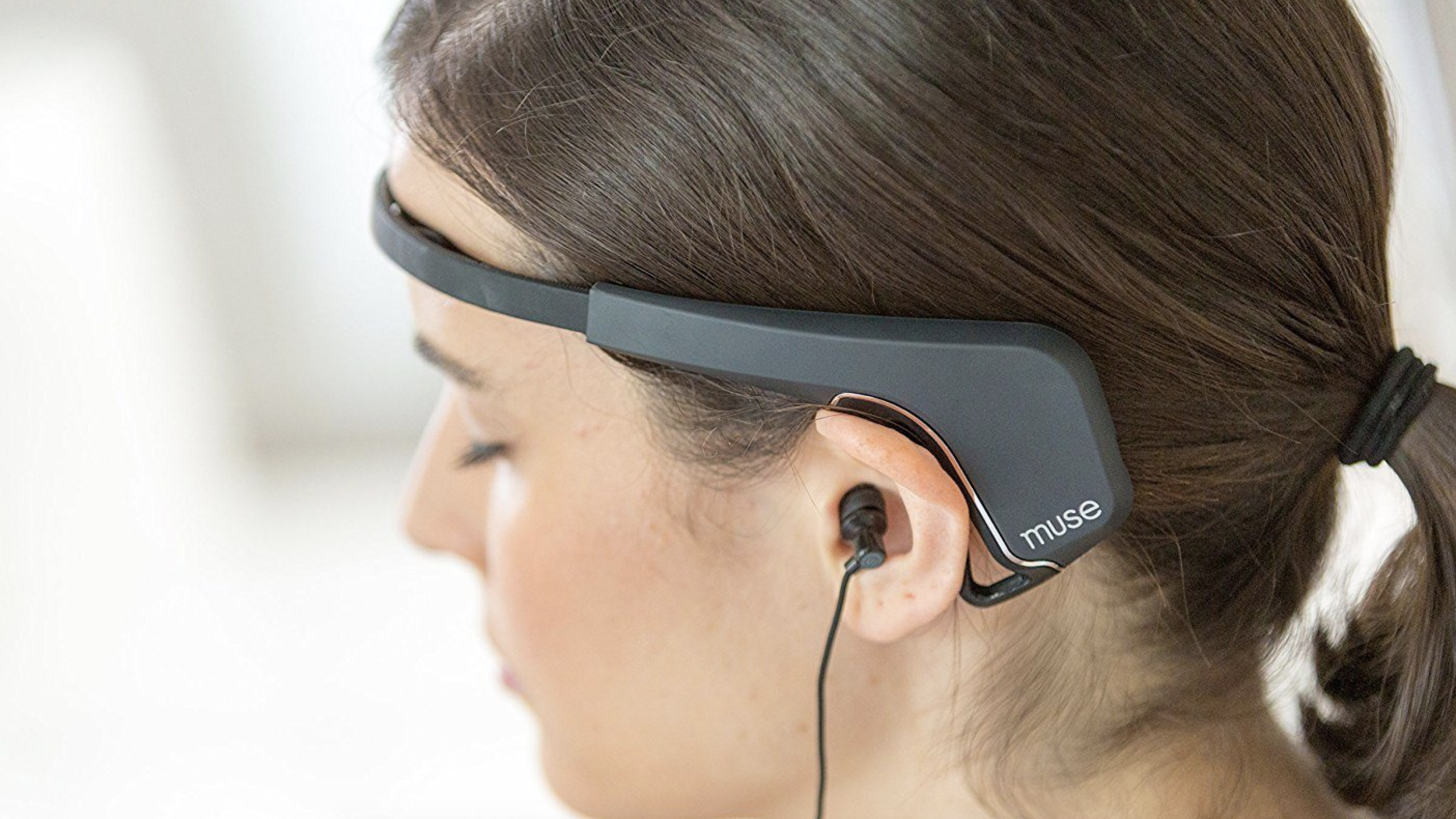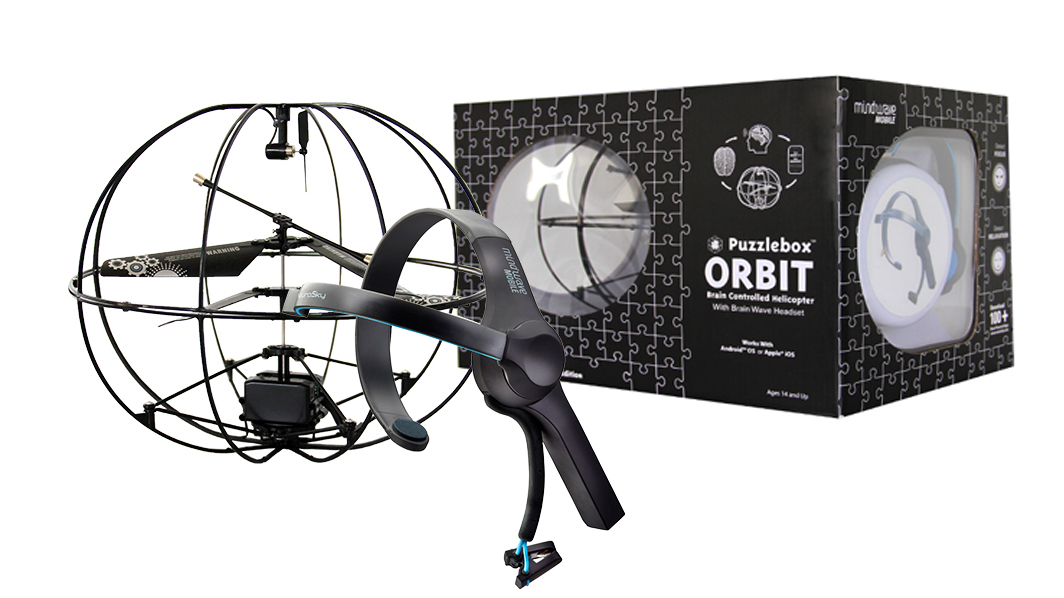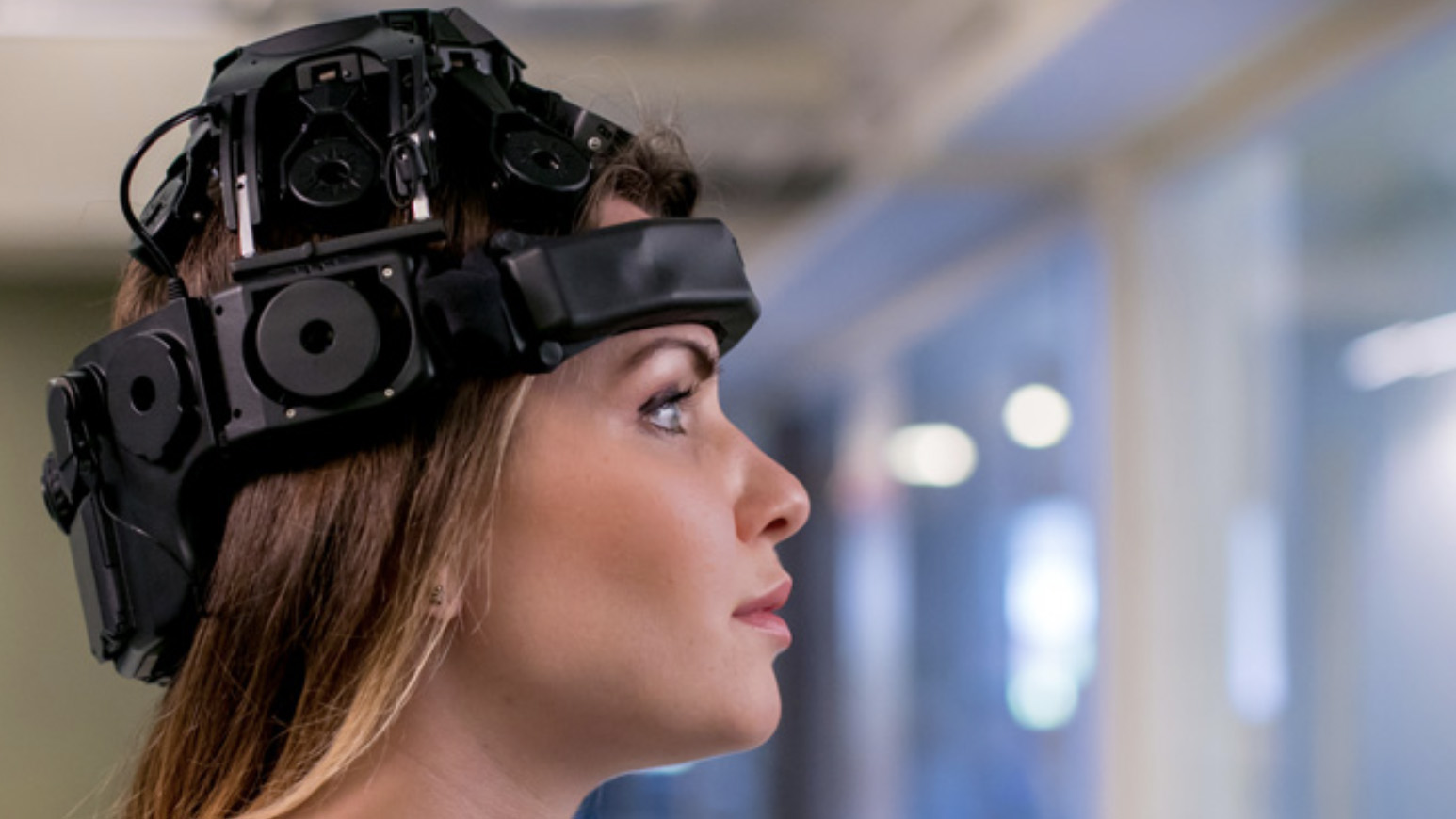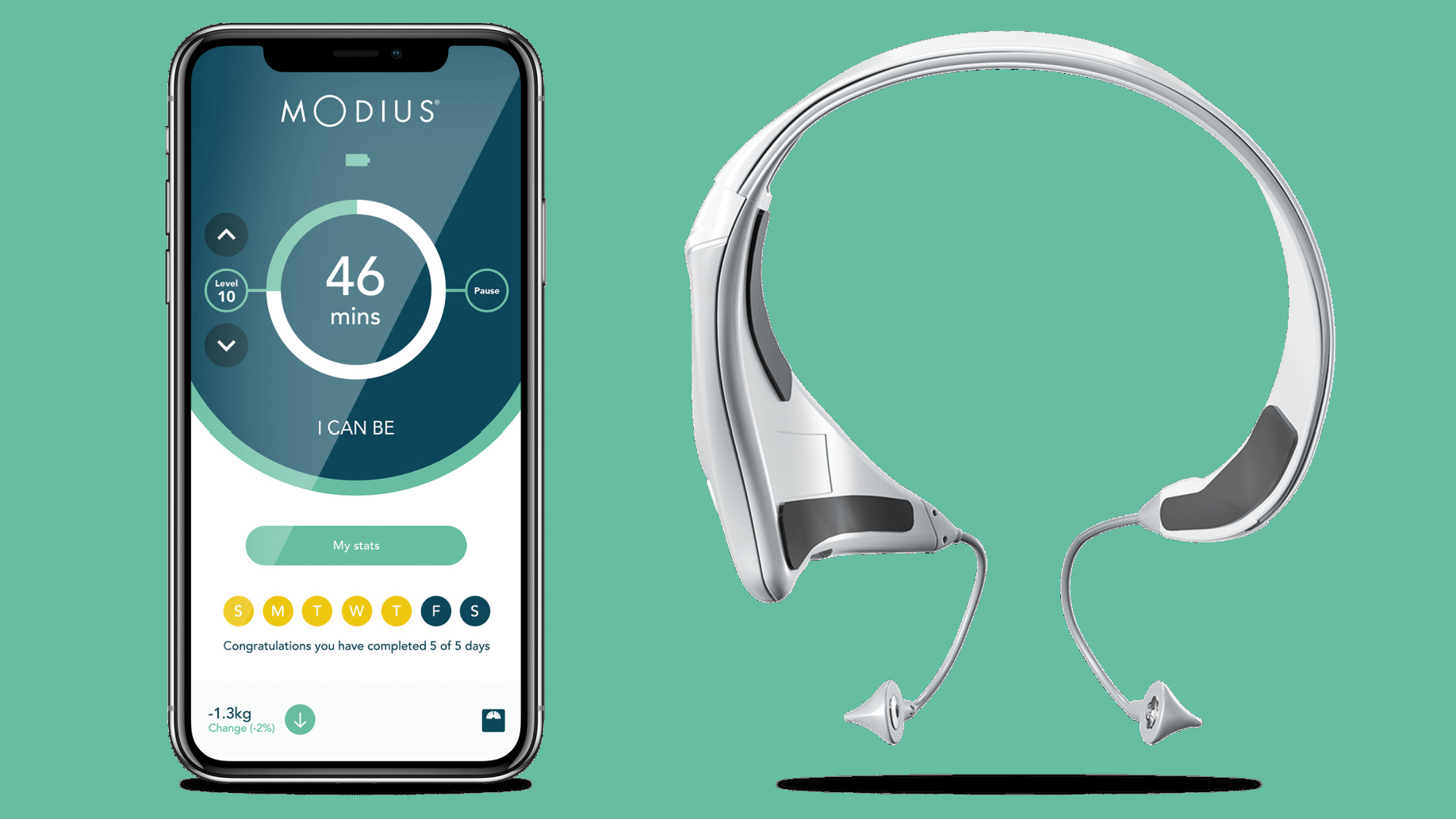Mind control: how does it work and what gadgets will we see it in?
Brainwaves are set to become big business

Sign up for breaking news, reviews, opinion, top tech deals, and more.
You are now subscribed
Your newsletter sign-up was successful
“So, what if you could type directly from your brain?”
That isn’t a line from a science-fiction novel, but something that was asked on the stage of F8, Facebook’s annual conference, in 2017.
The question was posed by Regina Dugan, formerly of US military research facility DARPA, who has the keys to perhaps one of the most intriguing areas in technology right now: Facebook’s Building 8. This is a research lab where a whole manner of things are being worked on, from augmented reality to drones, but it’s the mind control part which is the most fascinating.
“It sounds impossible, but it’s closer than you may realize,” said Dugan. “It’s not about decoding random thoughts. We’re talking about decoding the words you’ve already decided to share by sending them to the speech center of your brain.”
To do this, Facebook has enlisted 60 people to look into the technology. Soon after the F8 conference it hired Emily Mugler as a Brain-Computer Interface Engineer, and revealed that it was working with a number of universities in the US to help this research become a reality.
- Do you have a brilliant idea for the next great tech innovation? Enter our Tech Innovation for the Future competition and you could win up to £10,000!
Make up your mind
One university, Johns Hopkins, has already made great strides in mind control, creating a prosthetic limb that’s partly controlled by the mind.
If Facebook, one of the biggest tech companies in the world, is working on mind control then it feels like this is a piece of future tech that might actually hit the mainstream soon.
Sign up for breaking news, reviews, opinion, top tech deals, and more.
But, in some ways, it’s here right now, with a number of gadgets using different forms of mind control for power. But, how does it actually work? At the moment most ‘mind control’ of gadgets is performed using special headbands packed with sensors that are dedicated to detecting EEG (electroencephalogram) brain waves. The headband turns this data into actions.
Currently, the gadgets using this type of technology range from the sublime to the outright bizarre – here’s a look at five of them.

1. Muse
One of the more intriguing mind control devices is Muse. This is a gadget that helps with meditation by helping you focus on your own brainwaves – not quite mind control, but more controlling your mind, to make meditation a more relaxing experience. The gadget goes on your head, and sends data to a dedicated smartphone app.

2. Puzzlebox Orbit
The Puzzlebox Orbit is essentially a brain-controlled helicopter, with the idea being that with a clear mind you can make the helicopter go where you want it. The whole thing is controlled by an EEG headset called the MindWave Mobile 2. The great thing about this headset is that it's compatible with all manner of apps on its own dedicated app store.

3. Neurable
Neurable mixes mind control with one of the most current bits of technology at the moment: virtual reality. The technology is still in the development stage, but there is an SDK out there that enables devs to get to grips with mind-control gaming using the HTC Vive.

4. Modius
Again, this is a different riff on mind control, but Modius uses a headset and brainwaves to help its users fight the flab. According to its makers, the device "generates a low-level electrical pulse that is interpreted by the brain as a signal to become leaner".

5. Necomimi
You’ve seen the sublime, and here's the ridiculous. Necomimi Emotion Controlled Brainwave Cat Ears are exactly that – fake cat ears that you wear, and which will react to your emotions. They've been around for seven years now, and represent one of the weirder uses of EEG bands and the reading of brainwaves.
The future of mind control
So that's where mind control is right now, but where will we see it in the future? Like Facebook, Microsoft is also looking seriously at mind control, and it feels like the area in which the technology will truly make a difference is computing.
At the beginning of 2018, Microsoft patented the notion of ‘changing an application state using neurological data’. This would be done through an EEG headset that would essentially control an operating system.
It’s a huge signifier as to where this innovative technology may go next, and it's heartening to know that some of the biggest brains in the world are currently working hard to bring mind control to the mainstream.
TechRadar's Next Up series is brought to you in association with Honor


Marc Chacksfield is the Editor In Chief, Shortlist.com at DC Thomson. He started out life as a movie writer for numerous (now defunct) magazines and soon found himself online - editing a gaggle of gadget sites, including TechRadar, Digital Camera World and Tom's Guide UK. At Shortlist you'll find him mostly writing about movies and tech, so no change there then.